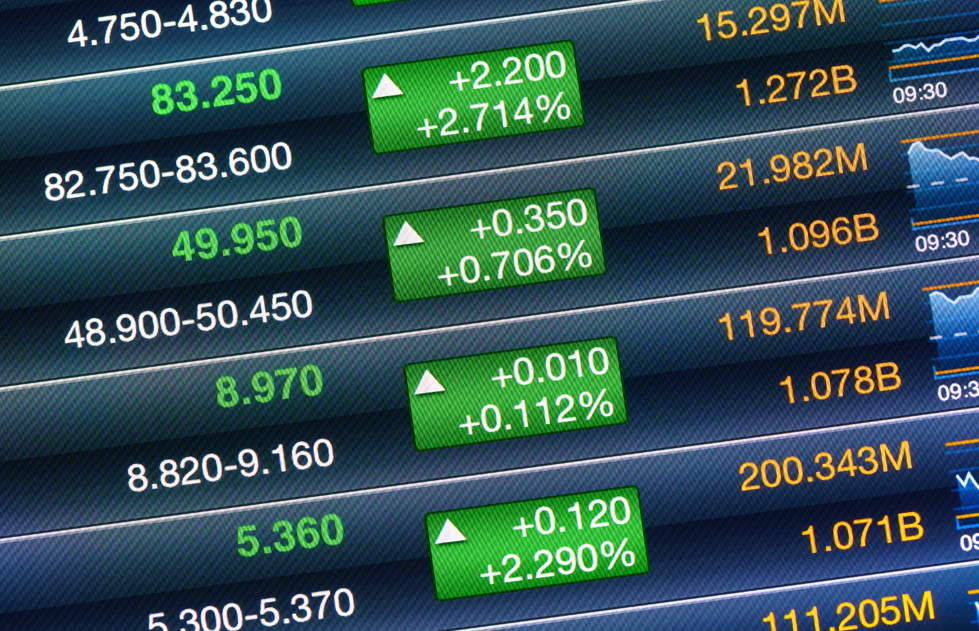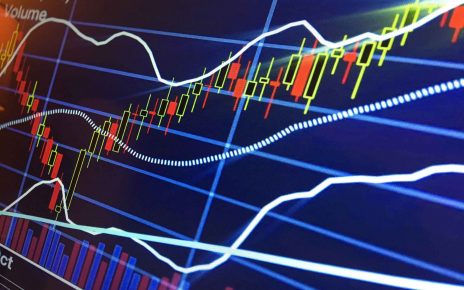- The dollar recorded a ninth consecutive week of gains.
- There’s a 97% probability of no action when the Fed meets this week.
- The euro showed a slight uptick on Friday, recovering from its six-month low.
On Friday, currency futures rose as the US dollar dropped due to decreased consumer sentiment data. However, the dollar still recorded a ninth consecutive week of gains. Meanwhile, the yen reached a 10-month low.
US consumer sentiment (Source: University of Michigan, Bloomberg)
The University of Michigan’s Consumer Sentiment Index preliminary reading for this month was 67.7, down from August’s final reading of 69.5 and below the economists’ forecast of 69.1. Nonetheless, consumers observed lower inflation on both one-year and five-year scales. According to Labor Department data, import prices increased by 0.5% last month due to rising fuel prices. However, underlying price pressures remained subdued. A separate report from the New York Fed indicated an increase in September factory activity in the state.
Joseph Trevisani, a senior analyst at FXStreet.com, commented that none of the current data suggests a recession, but fed futures still anticipate lower rates by the end of next year.
The Federal Reserve will convene for a policy meeting on September 19-20, with a 97% probability of no action, according to CME’s FedWatch Tool. Expectations for a 25bps hike at the November meeting declined to 30.6%, down from 43.6% a week ago, with a slight chance of a cut as early as January.
The US dollar strengthened against the yen, rebounding from an earlier sharp move by the Japanese currency. The euro showed a slight uptick on Friday, recovering from its six-month low of $1.0629 following the European Central Bank’s rate hike and hint at a pause.
Despite having raised its key interest rate to a historic high of 4% on Thursday, the ECB signaled that this might be its final increase, given the sluggish state of the eurozone economy. Consequently, traders began speculating about when the ECB might commence lowering borrowing costs.
However, policymakers clarified that they intend to maintain high interest rates for an extended period and are open to raising them again if necessary.
Despite some ECB policymakers suggesting that rate hikes might continue, the euro recorded its ninth consecutive weekly decline against the dollar. In addition to the Fed, the Bank of England will announce its policy decision this week.





